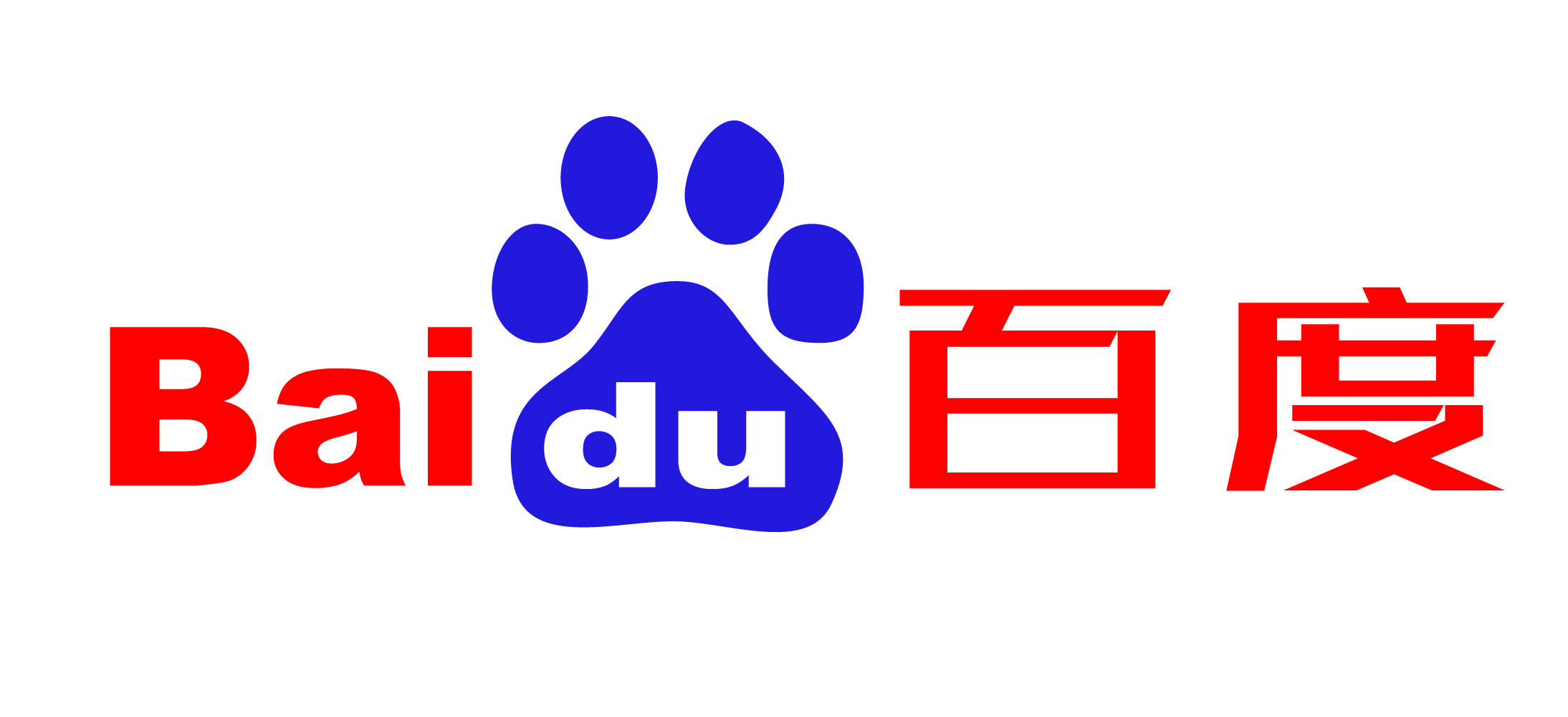TS 学习笔记
目前是一些很基本的东西,过段时间学进阶用法
数组类型
两种声明方式
使用示例:
const arr1: Array<number> = [1, 3, 4]
const arr2: number[] = [1, 4, 5]
function getSum(...args: number[]) {
return args.reduce((prev, cur) => prev + cur, 0)
}
console.log(getSum(1, 2, 4, 5))
|
元组
const tuple: [string, number] = ['ace', 14]
const [name, age] = tuple
|
枚举
不指定初始值就从 0 开始累加,指定了就从第一个值开始累加
const enum PostStatus {
Draft = 0,
Unpublished = 1,
Published = 2,
}
const post = {
title: '1212',
content: '1212',
status: PostStatus.Draft,
}
|
函数
对于可选值,可以使用 es6 的方法或者?=;返回值一般可以自动推断;如果是回调函数可以使用箭头的方式
sum: (a: number, b: number = 10, c?: number, ...rest: number[]) => number
function sum(a: number, b: number = 10, c?: number, ...rest: number[]): number {
return a + b
}
console.log(sum(1, 3))
|
类型断言
有的时候自动推断出来的类型可能是number|undefined,可以自己断言确定变量的类型
不推荐的方式,因为在 tsx 中会冲突const num = <number>res
推荐const num = res as number
const res = nums.find((i) => i > 0) as number;
非空断言,直接加一个!:const res = nums.find((i) => i > 0)!;
接口 interface
约束对象的结构
interface Post {
title: string
content: string
}
function printPost(post: Post) {
console.log(post.title)
console.log(post.content)
}
printPost({
title: 'sss',
content: '123',
})
|
可选成员与只读成员:
interface Post {
title: string
content: string
subtitle?: string
readonly summary: string
}
const test: Post = {
title: 'sss',
content: '123',
summary: 'summary',
}
|
动态成员,可以动态添加属性,但是要满足类型的要求
interface Cache {
[prop: string]: string
}
const cache: Cache = {}
cache.foo = '22'
|
类
可以用成员访问修饰符
class Person {
name: string
private age: number
protected gender: boolean
constructor(name: string, age: number) {
this.name = name
this.age = age
this.gender = true
}
sayHi(msg: string): void {
console.log(`i am ${this.name}, ${msg}`)
}
}
class Student extends Person {
constructor(name: string, age: number) {
super(name, age)
console.log(this.gender)
}
}
let tom = new Student('tom', 15)
console.log(tom)
|
类与接口
类里面类型相似的可以抽象成接口
interface Eat {
eat(food: string): void
}
interface Run {
run(distance: number): void
}
class Person implements Eat, Run {
eat(food: string): void {
console.log(`优雅的进餐${food}`)
}
run(distance: number): void {
console.log(`直立行走${distance}`)
}
}
|
抽象类
只能被继承,不能被 new
abstract class Animal {
eat(food: string): void {
console.log(`呼噜呼噜的吃:${food}`)
}
abstract run(distance: number): void
}
class Dog extends Animal {
run(distance: number): void {
console.log('111', distance)
}
}
const d = new Dog()
d.eat('11')
d.run(10)
|
泛型
调用的时候再指定类型
function createArray<T>(length: number, value: T): T[] {
const arr = Array<T>(length).fill(value)
return arr
}
const res = createArray<string>(3, 'test')
console.log('res:', res)
|
类型声明
import { camelCase } from 'lodash'
declare function camelCase(str: string): string
console.log(camelCase('test_aaa'))
|





